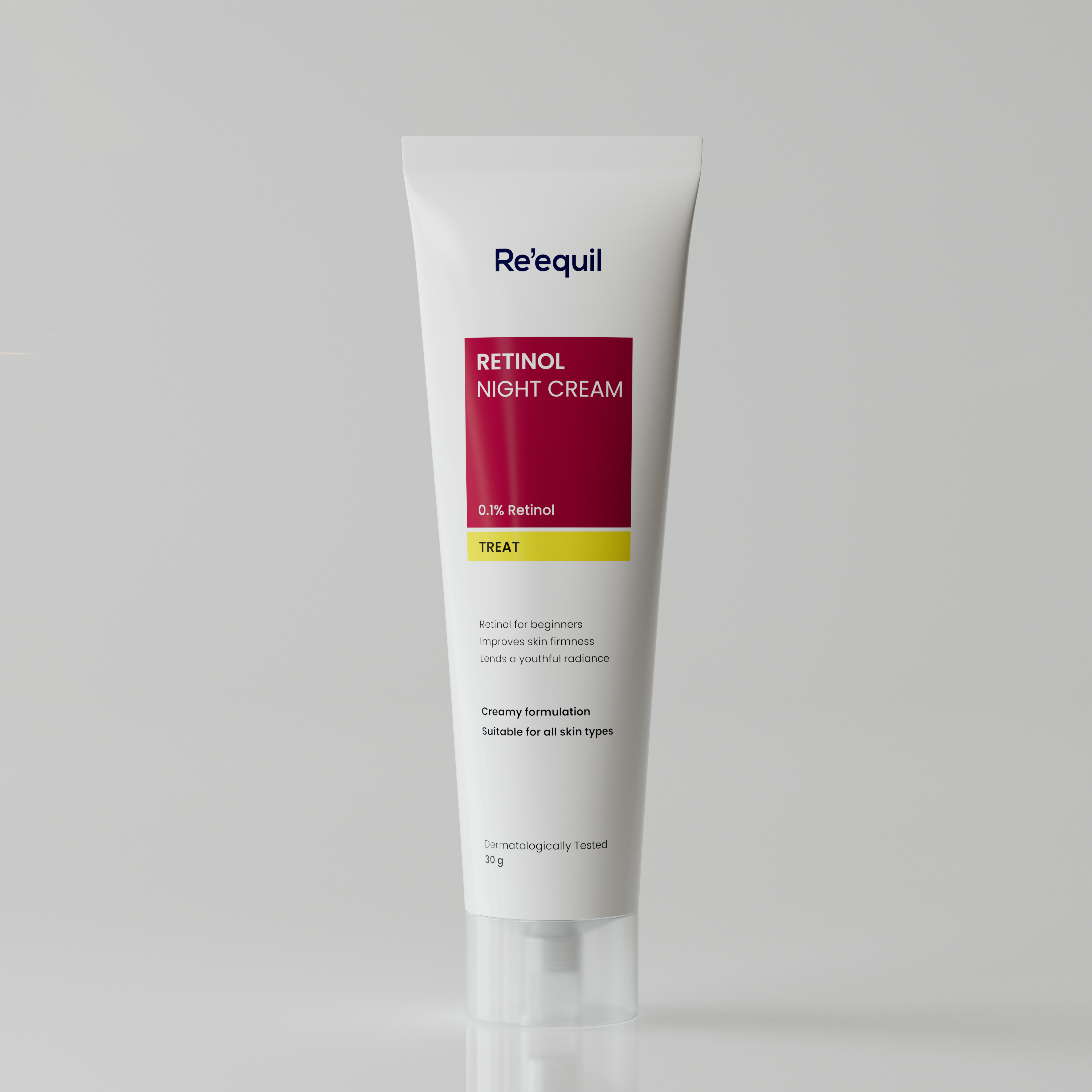Sunbathing at the beach, hanging out with friends on sunny days, and embracing the sunsets is probably not enjoyable for everyone. Sun does not develop a friendly relationship with each of us. If you have sun allergy then every exposure to sunlight leaves your skin itchy, inflamed, and red. Facing the onsets of allergic reactions on the skin causes anger, frustration, and stress. You are not alone; sun allergy or photosensitivity affects many people all over the world. Research studies have suggested that long-wavelength ultraviolet (UVA) and short-wavelength ultraviolet (UVB) are responsible for causing hives on the skin. However, many other factors are held accountable for sun allergies. Identifying the causes and symptoms is considered imperative before treating sun allergies.
Symptoms
An allergic reaction to the sun also called polymorphic light eruption (PLE). Sun allergies are the response of your immune system to sunlight which may include following symptoms –
- Redness
- Itching, irritation, and pain
- Tiny bumps
- Blisters or hives
- Scaling, crusting or bleeding
Causes
- Lighter skin
- Existing skin conditions
- Certain medications
- Skin care products

1. Lighter skin
People with fair skin are more susceptible to sun allergy, although it can also affect those with dark skin. Sun allergies are relatively noticed less in people who live around equators. Continuous exposure to UV rays creates resilience against sun allergies among such people.
2. Existing skin conditions
In the sunlight, pre-existing skin conditions like dermatitis, lupus, or rosacea are known to trigger the sun allergies. A few minutes of exposure to sunlight leads to uncontrollable flushing and redness in people with rosacea.
3. Certain medications
Therapeutics and Clinical Risk Management has also mentioned the photosensitive reactions in elderly people due to the use of certain drugs. Some widely used medications like nonsteroidal anti-inflammatory drugs (NSAIDS), antibiotics (quinolones, tetracyclines, and sulfonamides), and few heart medicines have been found to increase skin sensitivity to sun rays.
4. Skin care products
Chemical ingredients present in your topical products also elevate the risk of skin damage from sunlight. Skin whitening agents such as hydroquinone have been considered to cause skin sensitivity in sun exposure. Many research findings have elaborated on the adverse effects of hydroquinone based creams for the treatment of skin discolorations. On the contrary, it is wise to look for natural kitchen ingredients for hyperpigmentation, dark spots, and skin discolorations.
Treatment of sun allergies
Treatment of sun allergies depends upon the severity of the condition and skin’s underlying causes. However, if you are dealing with photosensitivity issues then preventive measures are just as important as treatment. On the other hand, prevention is essentially important to halt the current condition from worsening.
Precautions
- Wear a broad-spectrum sunscreen
- Avoid the sun between 10 a.m. and 2 p.m.
- Cover your body properly
- Talk to a doctor

1. Wear a broad-spectrum sunscreen
Wearing a broad-spectrum sunscreen of SP30 or higher is considered useful to minimize the risk of sun rashes. One major benefit of using broad sunscreen is that it protects you from both UVA and UVB rays. Make sure you apply sunscreens at least half an hour before stepping outdoors.
2. Avoid the sun between 10 a.m. to 2 p.m.
Sun rays are highly intense between 10 am to 2 pm, limiting sun exposure during this duration is another safety measure from sun allergies.
3. Cover your body properly
Sun allergy commonly affects the exposed parts of the body such as face, legs, arms, neck, back, etc. Wearing the full sleeve clothes, wide-brimmed hats, and sunglasses are an added protection to your skin from sun rays.
4. Consult a doctor
For persistent skin rashes and inflammation after sun exposure, you should visit a doctor. Seek emergency medical attention in the case of difficulty in breathing, swelling around your eyes or lips, and faintness.

The definite cause of skin response to UV rays is still unknown. If you are dealing with sun allergies, avoiding the things that trigger an allergic reaction is very important. Surprisingly, certain dietary items have been found to set off the photosensitivity among individuals. Keeping track of your activities, food intake habits, and recurrent causes of skin allergies is another simple strategy to prevent and control the sun allergies.
P.S.
Sun protection is considered crucial in sun allergies. The use of sunscreen is crucial to protect the UV rays penetrating deeper layers of skin. However, chemical ingredients present in sunscreen are known to cause skin irritations or worsen skin conditions. Nonetheless, taking dermatologist’s advice before slathering on sunscreen or any skincare products is no less important.

























